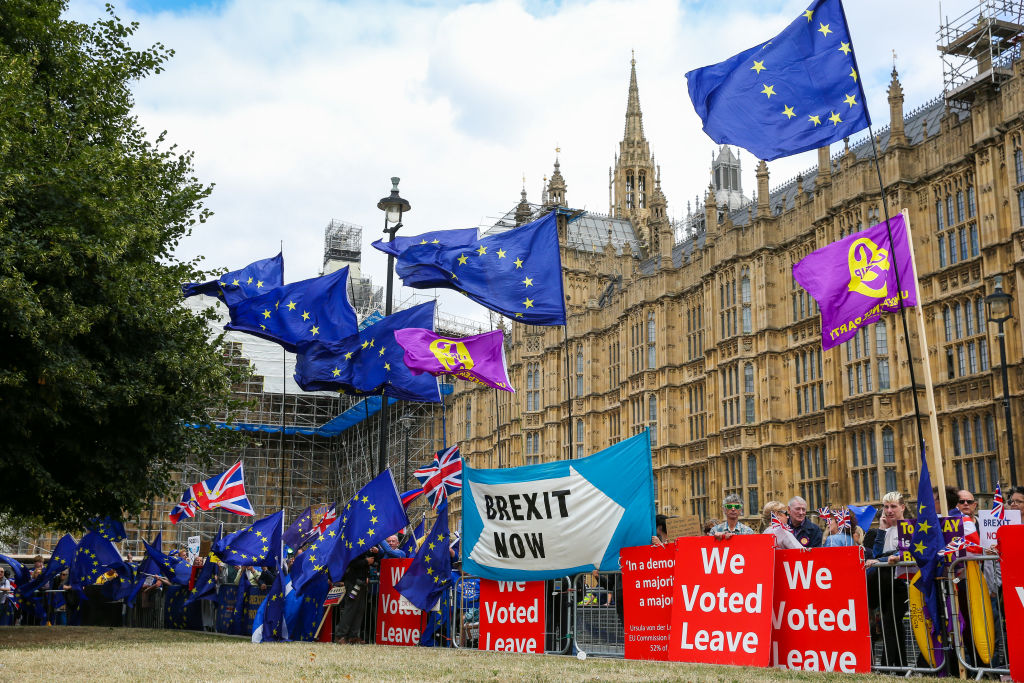
UK Prime Minister gives up attempts to block Brexit delay bill

The move paved the way for Johnson being required to ask the EU for a three-month extension to the Brexit deadline if he fails to reach a renegotiated transition deal with the bloc by the middle of October.

Johnson has said he is opposed to an extension and that he is prepared to take Britain out of the EU without a deal if necessary.
Conservative Party members of the upper house of parliament had tabled a series of amendments in an attempt to run down the clock on the delay bill and prevent it being passed before parliament is suspended on Monday.
But in the early hours of Thursday, the government in the upper house, known as the House of Lords, announced it was dropping its opposition to the legislation.
Richard Newby, an opposition member of the Lords, who had taken his duvet to parliament in preparation to spend the night discussing the law, said the government dropped its opposition after suffering heavy defeats on some of the proposed amendments.
But what are the contents of the no-deal bill?
The bill, presented by Labour MP Hilary Benn, says the prime minister will have until 19 October to either pass a deal in Parliament or get MPs to approve a no-deal Brexit.
Once this deadline has passed, he will have to request an extension to the UK’s departure date to 31 January 2020.
Unusually, the bill stipulates the wording of the letter Mr Johnson would have to write to the president of the European Council.
If the EU responds by proposing a different date, the PM will have two days to accept that proposal.
During that time, MPs – not the government – will have the opportunity to reject that date.
The bill also requires ministers to report to the House of Commons over the next few months, potentially providing more opportunities to take control of the timetable.
When was the EU referendum?
In February 2016 former UK Prime Minister David Cameron announced that the referendum would take place on 23 June 2016. He said in a speech in May 2016: ‘I believe that, despite its faults and its frustrations, the United Kingdom is stronger, safer and better off by remaining a member of the European Union. Better off? Certainly.’ The referendum result was for us to leave the EU, with 51.89% of people voting for the UK to leave and 48.11% voting for the UK to remain.

Theresa May’s proposed Brexit deal was rejected by her fellow MPs on various occasions. For the better part of three years, when she was prime minister of Britain, she was in the spotlight over her inability to get lawmakers to approve her Brexit deal.
According to the New York times,earlier this year, Mrs. May failed three times to pass the Brexit deal she had negotiated with Brussels through a deeply divided Parliament.
She later offered a teary-eyed resignation in front of 10 Downing Street. British newspapers call her “fragile” and “finished.”

(With input from BBC and the New York Times)






